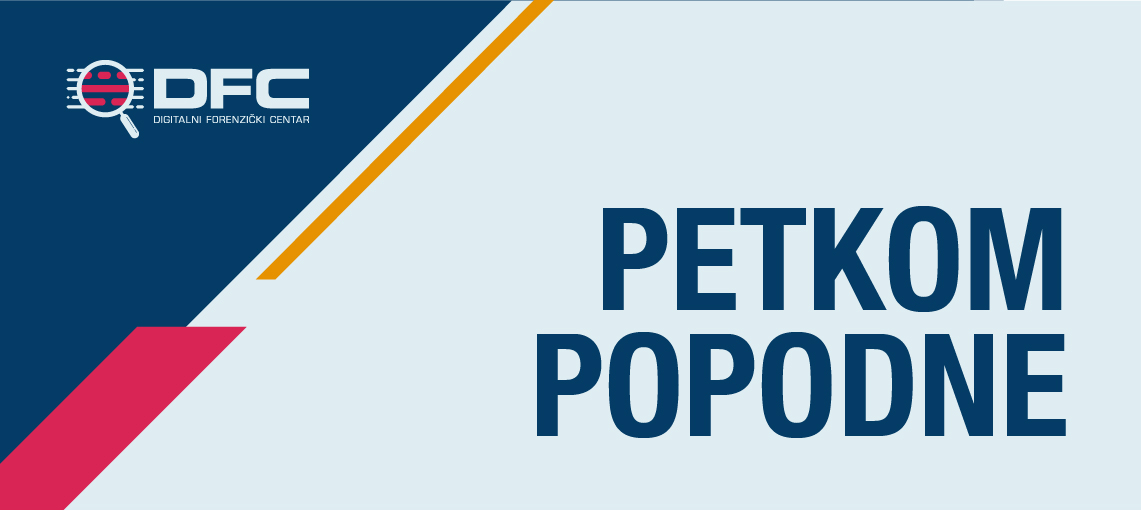Another Friday has come, together with the new edition of our weekly column On Friday Afternoon. As usual, we will start this week’s overview with the topics related to Montenegro.
On Wednesday night, the DFC discovered at least 50 Twitter accounts that impersonated and, therefore, damaged the reputation of several public and political figures in Montenegro. The activities of these accounts were coordinated and synchronized since, in a very short space of time, they changed their usernames and profile photos to those of public figures and officials. Apart from impersonating the accounts, they also shared inappropriate content. Some Twitter users did not realize that those were not the official accounts of public figures, and engaged in a discussion with them. Considering the short period and a large number of accounts and their mutual interaction, it becomes evident that the activity was not spontaneous but rather organized and synchronized. The DFC reacted promptly and informed the public and competent state authorities about these events. The Deputy of the Basic State Prosecutor in Podgorica Vukas Radonjic confirmed to Radio Free Europe that the complaint regarding fake Twitter accounts had been submitted to the (Basic State) Prosecutor’s Office and that the investigation would be conducted to determine whether (or not) a criminal offense prosecuted ex officio had been committed. Besides, the impersonation presents a violation of the Twitter Rules. Twitter accounts that pose as another person, brand, or organization in a confusing or deceptive manner may be permanently suspended under Twitter’s impersonation policy.
This week, BIRN in Serbia published research that showed that there were serious loopholes in the content control policies of Facebook and Twitter in the Balkans. The BIRN’s major findings showed that nearly half of Facebook and Twitter posts published in Bosnian, Serbian, Montenegrin, or Macedonian language present hate speech, while one in two posts reported for hate speech in one of these languages remains visible online. When it comes to posts promoting violence, the content was removed in 60% of cases, and in cases of targeted harassment, it was removed in 50% of cases. Experts say that the greatest problem could be the lack of transparency in how companies assess complaints about social media.
The Serbian historian Aleksandar Rakovic stated publicly on TV Happy’s morning show that Montenegrins have a mentality error, that they are all crawlers, and that Serbs should factory reset us for a new world which Serbia is building on the territory of our country. These statements were broadcasted during the show Bitka za Niksic (Battle for Niksic). With the local elections approaching, the Serbian media seem to become increasingly interested in the events in Montenegro. After TV Happy introduced the serial Battle for Niksic, the news portal Novosti introduced the column Izbori u CG (Elections in Montenegro). In the last seven days, there were 4,730 texts about Montenegro, which represents 82% more than in the first week of February. Two days after the portal news Novosti had introduced the column Elections in Montenegro, the same column appeared on the news portal Alo, which was labeled the record-holder in breaching of journalism ethics and standards by the Serbian Press Council. It is important to highlight that the Council for Strategic Policy (CFSP) published this week the investigation showing that nearly one in six front-page headlines in the Serbian daily newspapers published in 2020 was fake news.

